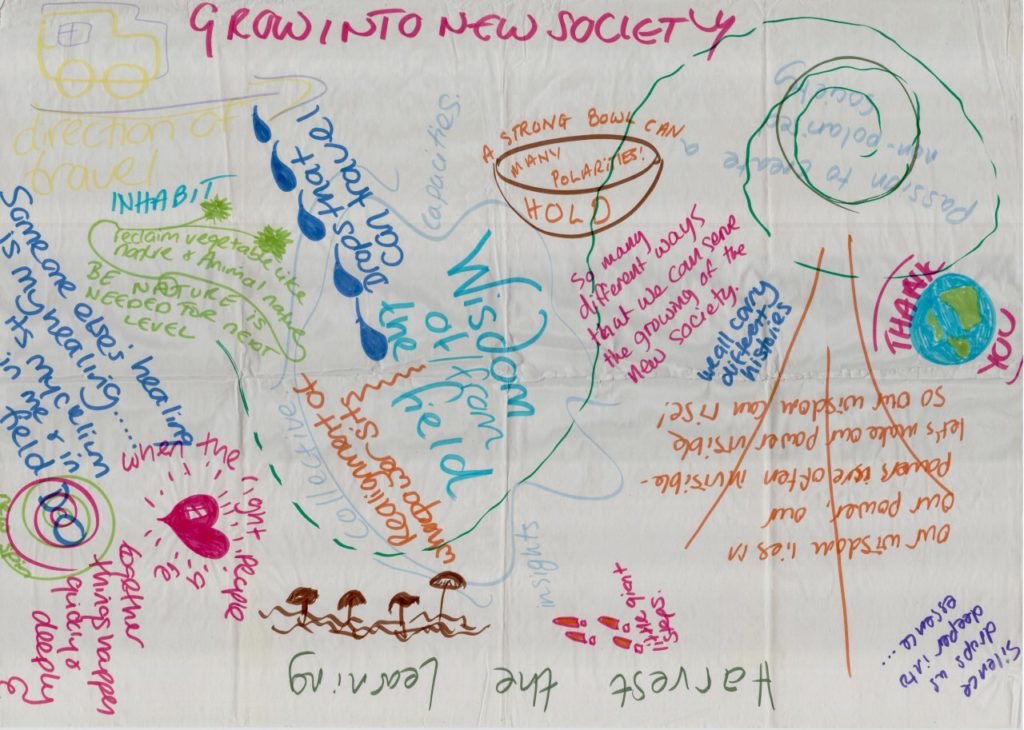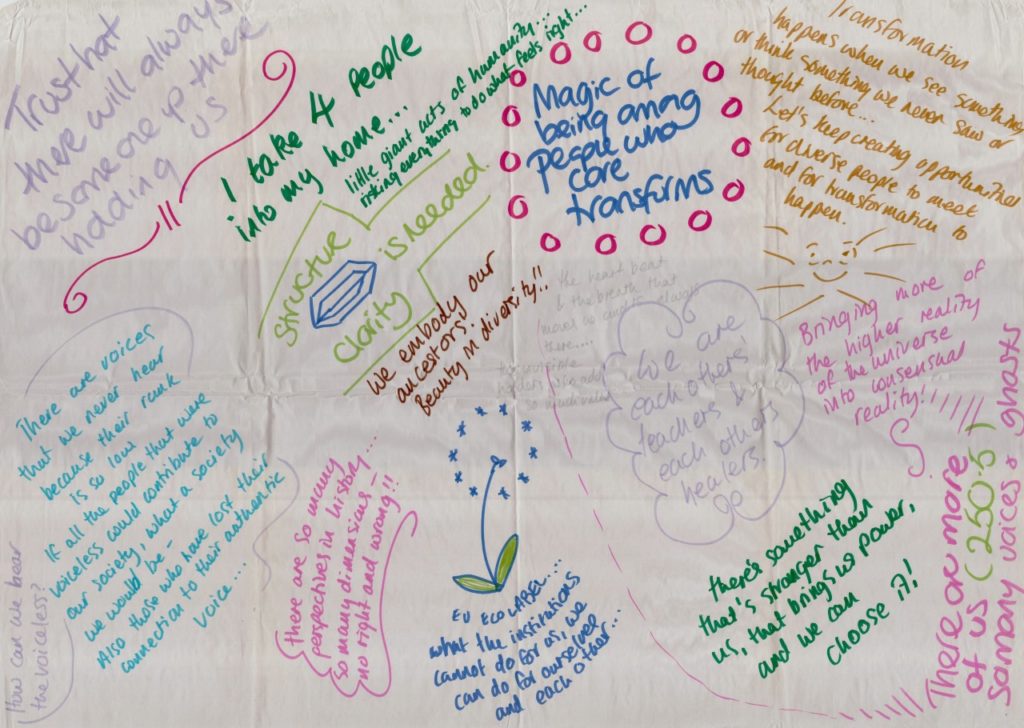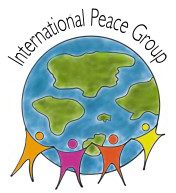Aims:
- to understand the role of history in shaping individual processes (our work, personal and family life, including trans-generational trauma and chronic symptoms).
- to understand how the “ghosts of history” influence conflicts in groups, between nations and individuals
- to learn methods to spot the ghosts of history in the „here and now” in working with individuals and groups
- to work with national/ group stereotypes: how to raise awareness, react against, unfold and find the hidden messages
- to learn group facilitation of processes with history in the background
- to develop skills and methods to work with trauma
- to learn to understand and work with historical trauma and contemporary problems (ex. immigration, terrorism, fundamentalism) on various levels: individual/ group/society; Consensus reality/ Dreamland / Essence.
Objectives:
- to learn how to use process-oriented principles in small and large groups facilitation
- to get to know inner work methods: how to raise your self-awareness in the moment, track your reactions, unfold the emerging process and find a place of momentary resolution in a group
- to become fluid in facilitating relationship conflicts on different levels
- to learn process-oriented methods of working with trauma
Background
The concept of this training is based on our experience of increasing fear and insecurity, in the growing right-wing extremism and racism in Europe and worldwide as well as an escalating sense of ‘us versus them’ and a deep yearning to find new patterns in a more and more complex world. We want to bring together people of different backgrounds, faiths and political interests in order to create an atmosphere of mutual trust and understanding across national boundaries. We want to reduce prejudice against other ethnic groups, beliefs and “xenophobia”, and facilitate conflicts based on the European history as well as regional conflicts between countries and people.
Previous achievements
During our first 4 Worldwork seminars held in Warsaw, Poland, Bonn, Germany, Brussels, Belgium and Budapest, Hungary since 2012 people from many countries where meeting to explore our identities as individuals, cultures and countries and how our current interactions are shaped by history. We have built deep relationships and developed our awareness of each other. Hence there is a great need for deeper dialogue, relationship and for awareness, responsibility and leadership to create a better future towards a multicultural Europe.


Recipients
This is a specific training for human rights, peace, and political activists, facilitators, organizational development practitioners, psychotherapists and other interested people worldwide. The training is open to everybody interested wanting to integrate this approach in their professional field and / or use it for personal development.
Theory and methods
Methods of political, social and psychotherapeutic work will be combined and connected based on Worldwork. Worldwork is an aspect of Process-Oriented Psychology developed by Arnold Mindell (briefly also called Process Work). Process work is a holistic methodology working with individuals, relationships, groups and systems in very different areas, attempting to find meaning in every experience. The central principle is to follow what is happening with awareness. Worldwork as one application of Process Work offers methods for non-violent conflict resolution and includes concepts such as diversity, “Deep Democracy”, self-perception, “participant facilitator”, “Eldership” and concepts of dealing with power, rank and privileges as well as with hot spots, trauma and accountability.
Topics:
- Foundations of Process Work
- Group process a specific form of working with groups
- History and psychology
- Rank awareness
- Conflict resolution
- Facilitation skills
- Working with trauma and abuse
- Working with extreme conflicts
- Leadership and eldership
- Second training: earth and universe based methods of conflict facilitation
Format
During the training you will participate in at least 4 Healing History seminars offered in different countries that will also give you a chance to understand different cultures and to learn about their perspective of history, cultural habits, patterns and edges and how this is entangled within Europe and the world. During these seminars there will be slots of personal supervision to work on issues that might come up.
As a Certificate Program student you choose an advisor (from the list) and together you create a learning plan. It consists of:
- The list of seminars attended / to be attended
- A plan for using 15 sessions between personal growth and supervision, based on:
2.1 Identifying areas of needed personal work (ex. historical/ political aspects of personal issues, own trauma, family and cultural patterns, large group identifications etc; aiming at developing awareness about who you are as a facilitator;
2.2 identifying needs for support around your final project
- Final project
Within the training you will develop a project that helps you to apply your learning into your life and keep being in dialogue with your community, organisation, society and world. This can be an open forum, a seminar, a special family gathering, an art project etc. The development of the project will be accompanied and supervised by a chosen mentor. You need to write a short essay about the project, your ideas, how and where you want to develop and apply them, your interests/motivation, edges and learning as well as the methods you are using. You will also be asked to prepare a short information about your project for our website.
Summary- course requirements:
- Participation in 7 Healing History seminars
- 15 hours on personal work/ supervision
- Healing-history project
Formalities:
We need a written application that contains your interest, aims and individual situation. The trainers decide about participation individually. Upon completion of the training, participants have attended at least 15 hours of personal work/ supervision. They will receive a certificate that entitles them to work with the methods of World Work in the field of Healing History
